By Paul R Salmon, FCILT
Supply chains are evolving faster than ever. Digitalisation, geopolitical volatility, environmental mandates, and shifting customer expectations are reshaping not only what supply chains deliver—but how they operate.
By 2035, supply chains will be more interconnected, autonomous, and intelligence-driven. They will need to balance efficiency with resilience, scale with agility, and profitability with responsibility. To thrive in this future, supply chain leaders will need to embrace new competencies, moving well beyond traditional operations and logistics expertise.
This article outlines the five critical skill domains that will define the next generation of supply chain managers. Whether you’re an aspiring leader, a current professional, or a senior executive planning your team’s future capability, this is your roadmap.
1. Digital Fluency & Tech Literacy
The supply chains of the future will be built on data. From AI-powered forecasting to digital twins and real-time IoT insights, technological integration will be a baseline—not a differentiator.
Core Capabilities:
AI & Machine Learning: Managers must understand how AI tools optimise demand planning, inventory, transport routing, and risk management. Data Analytics & Visualisation: Fluency with tools like Power BI or Tableau will be essential for transforming data into action and storytelling. Digital Twins: Leaders will need to interpret digital replicas of supply chains to simulate decisions before executing them in the real world. Blockchain: While not universal, blockchain technology will underpin transparency, authentication, and trust in high-value or high-risk chains. Cybersecurity Awareness: With increasing digital dependency comes greater vulnerability. Supply chain leaders will be expected to factor cyber risk into planning, sourcing, and supplier onboarding. IoT Integration: From sensors tracking container conditions to smart warehousing, managers will need to interpret data streams and act on them in real time.
Crucially, supply chain managers don’t need to be coders or engineers—but they do need to be confident users and interpreters of technology. Digital confidence, not just competence, will be the differentiator.
2. Sustainability and Ethical Supply Chain Leadership
By 2035, the environmental and ethical credentials of a supply chain will be as important as cost and delivery performance. Whether driven by consumer demand, government regulation, or investor pressure, supply chain sustainability will become a core strategic function.
Core Capabilities:
Carbon Accounting & ESG Reporting: Managers will need to understand emissions across Scope 1, 2, and 3, and how to measure, report, and reduce them. Circular Supply Chain Design: Linear models of “take, make, dispose” are being replaced by circular approaches involving reuse, remanufacturing, and recycling. Sustainable Procurement: Procurement decisions will need to incorporate lifecycle costs, ethical sourcing, and supplier sustainability practices. Human Rights & Ethical Sourcing: Increasing scrutiny will fall on supply chains regarding labour standards, transparency, and responsible sourcing in Tier 2 and Tier 3 networks. Green Logistics & Packaging: Managers will be expected to deliver low-carbon transport solutions, use sustainable packaging, and optimise for environmental as well as economic impact.
Sustainability will no longer be delegated to specialist teams—it will be a shared leadership responsibility embedded in supply chain strategy.
3. Strategic Collaboration and Ecosystem Thinking
Traditional supply chains—linear, transactional, and siloed—are being replaced by supply ecosystems. These are networks of interconnected partners working toward shared goals. In this world, success depends on your ability to collaborate, not just coordinate.
Core Capabilities:
Partner Relationship Management: Strategic supplier partnerships will require relationship skills grounded in trust, transparency, and aligned incentives. Collaborative Forecasting and Planning: Cross-enterprise demand planning will become standard practice, especially for critical spares, manufacturing components, and humanitarian or defence supply chains. Strategic Sourcing and Category Leadership: Category managers will need deep market insight and the ability to engage suppliers in joint innovation and long-term capability building. Multi-Tier Risk Sharing and Resilience Planning: Managers must think beyond Tier 1 suppliers, identifying vulnerabilities deeper in the network—and developing mitigation plans in collaboration with partners. Alliance and Joint Venture Management: Increasingly, supply chain solutions will involve multi-party alliances. Managers will need to align objectives, govern performance, and handle conflict constructively.
Collaboration is not just a soft skill—it’s a strategic enabler. Ecosystem thinking will be vital for resilience, agility, and innovation in tomorrow’s supply chains.
4. Systems Thinking and Decision Science
As supply chains become more global, multi-modal, and data-rich, the ability to think in systems—and make decisions under uncertainty—will be critical. The future supply chain manager will need to move from gut feel to evidence-led leadership.
Core Capabilities:
End-to-End Value Chain Mapping: Understanding the full value chain—from raw material to customer use—is essential for identifying constraints, waste, and opportunities. Scenario Planning and Stress Testing: Leaders must simulate disruptions (e.g., cyberattacks, geopolitical events, pandemics) to test response plans and build agility. Constraint-Based Modelling and Operations Research: Quantitative skills will enable managers to assess trade-offs and optimise for multiple objectives (cost, time, risk, sustainability). Agile and Bimodal Supply Chain Design: Future supply chains will need both steady-state efficiency and surge capacity. Leaders must design systems that can flex and adapt. Decision-Making Under Uncertainty: In a volatile world, waiting for perfect information is a luxury. Managers must be able to assess probabilities, model outcomes, and act decisively.
Supply chains are dynamic systems. The best leaders will combine strategic oversight with the analytical tools to manage complexity and anticipate change.
5. Leadership, Adaptability and Human-Centric Skills
Technology will shape the future—but it’s people who will drive it. Emotional intelligence, communication, and adaptability will remain as vital as any digital skill.
Core Capabilities:
Leading Through Disruption: From natural disasters to supplier collapses, managers will need to lead under pressure, maintain team cohesion, and make high-stakes decisions. Change Management and Communication: As organisations evolve, supply chain managers will often lead transformation. That means managing resistance, engaging stakeholders, and telling a compelling story. Cross-Functional Leadership: Supply chain sits at the intersection of operations, procurement, finance, IT, and strategy. Managers must lead across silos and influence without authority. Cultural Intelligence: As teams and suppliers become increasingly global, cultural understanding and inclusive leadership will be essential. Continuous Learning Mindset: The most effective managers will treat their own development as a lifelong mission. Learning, unlearning, and relearning will be standard.
While automation may take over repeatable tasks, leadership, creativity, and emotional intelligence will remain uniquely human—and increasingly valuable.
Bonus: Accreditation and Professional Development
By 2035, the most successful supply chain professionals will also be the most qualified. Professional recognition will be essential in attracting top roles and leading transformation agendas.
Look out for:
Chartered Status: Recognitions such as Chartered Fellow (FCILT) or Chartered Supply Chain Professional (CSCMP) will become marks of trust and capability. Digital & Data Certifications: Expect a rise in supply chain professionals holding credentials in AI, data science, or systems engineering. Hybrid MBAs and Executive Education: Cross-disciplinary qualifications that blend supply chain, sustainability, and leadership will gain traction.
In a world where supply chain is central to business strategy, professionalism and credibility will matter more than ever.
Conclusion: The Profession is Evolving—Are You?
The role of the supply chain manager is no longer about keeping the wheels turning—it’s about designing the system itself. It’s about leading ecosystems, embracing uncertainty, and balancing purpose with performance.
As we look to 2035, the skillset needed will be broader, deeper, and more dynamic. From AI to ethics, systems thinking to strategic collaboration, tomorrow’s supply chain leaders must be multi-disciplinary, tech-literate, and relentlessly people-focused.
For organisations and individuals alike, the challenge is the same: prepare now or fall behind.
Because the future of supply chain isn’t coming—it’s already here.
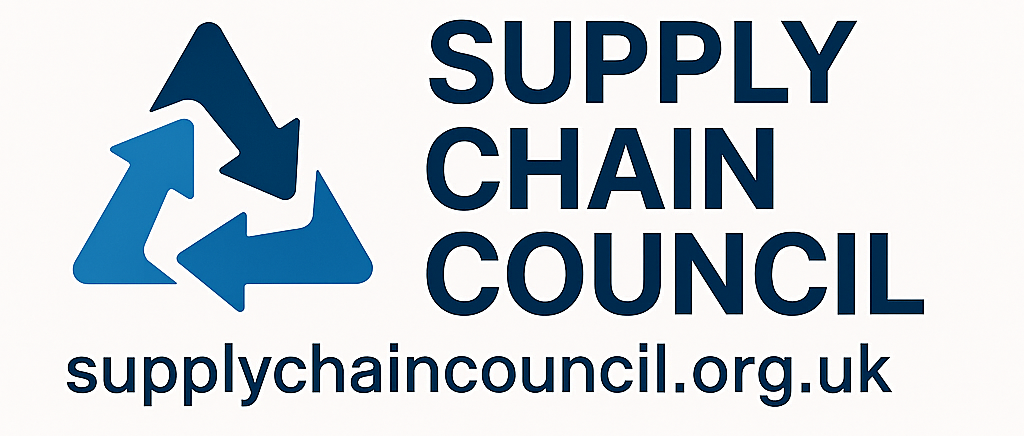



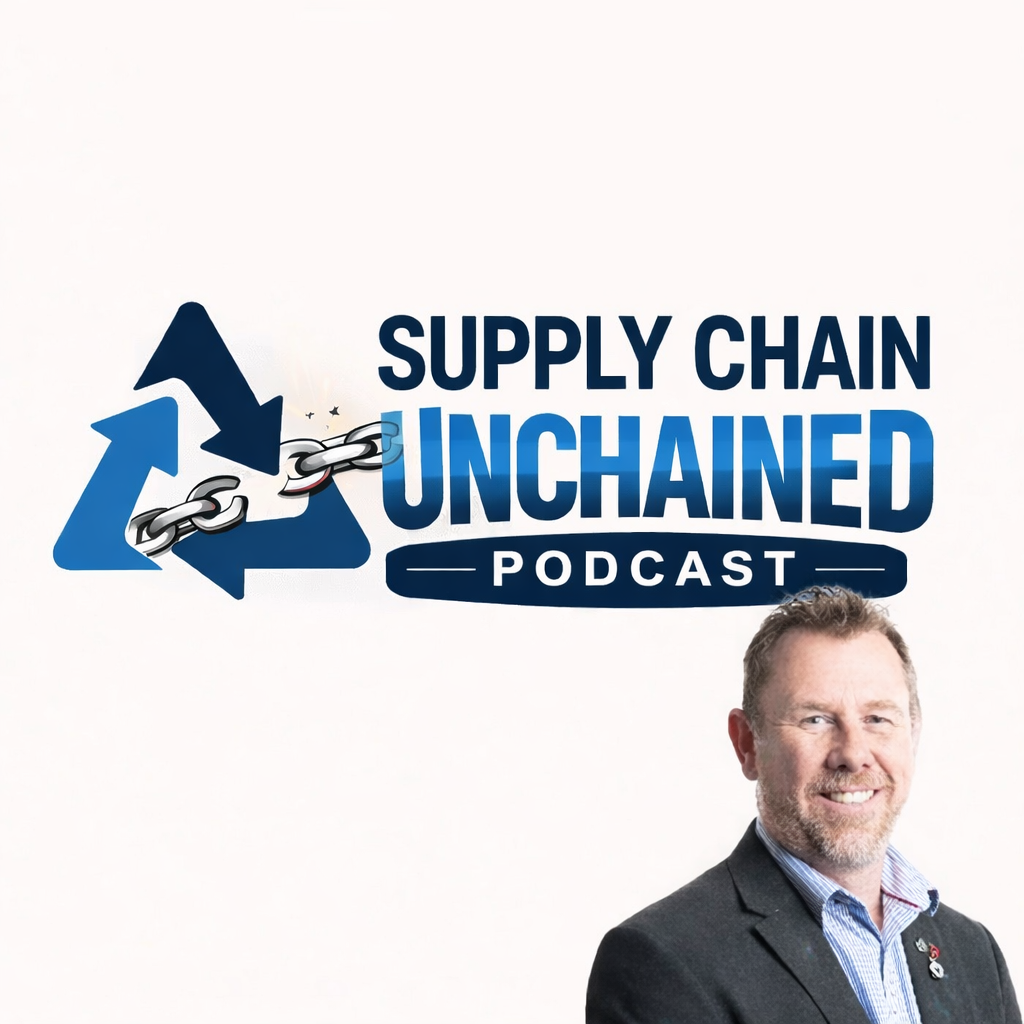
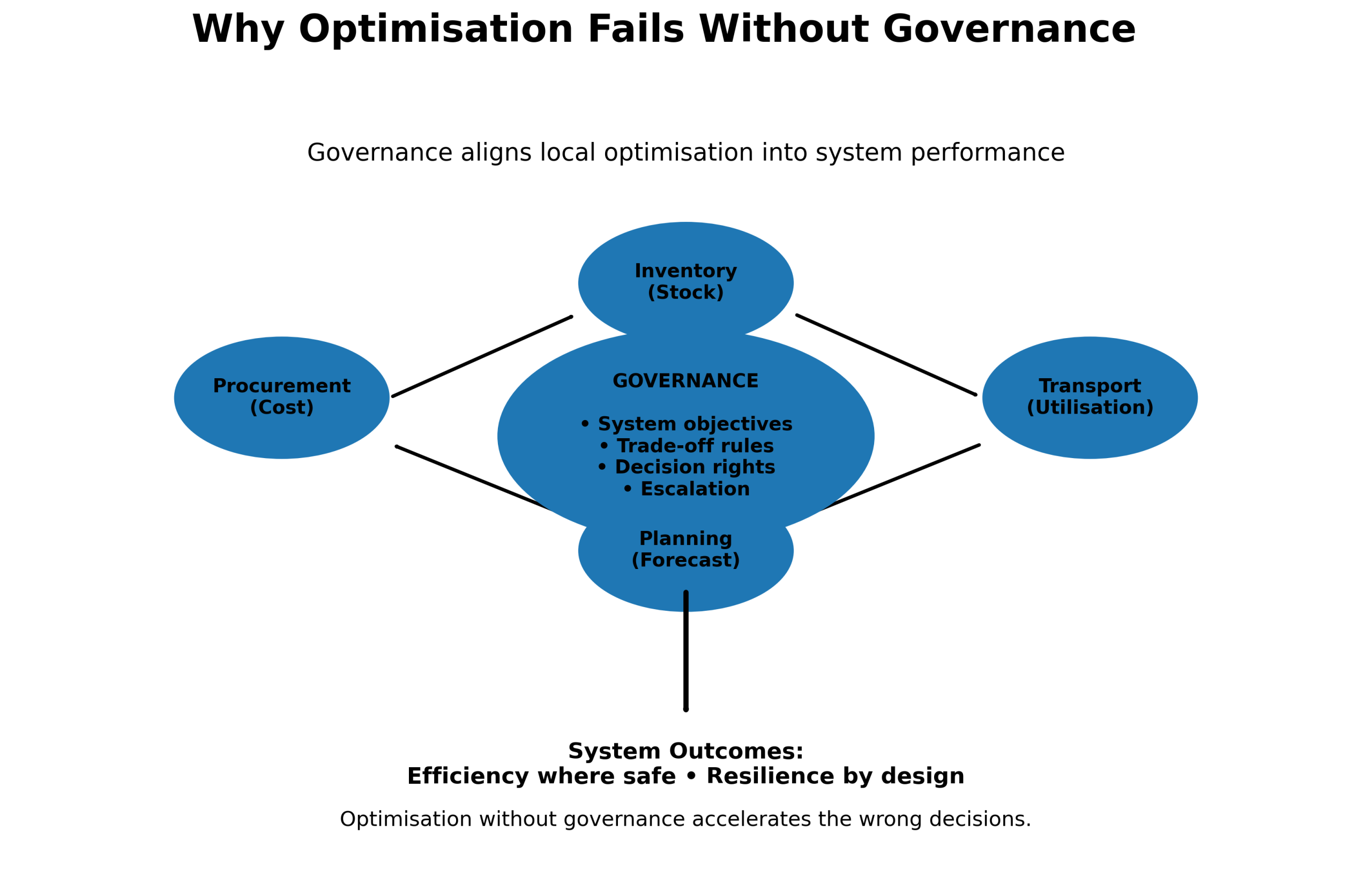
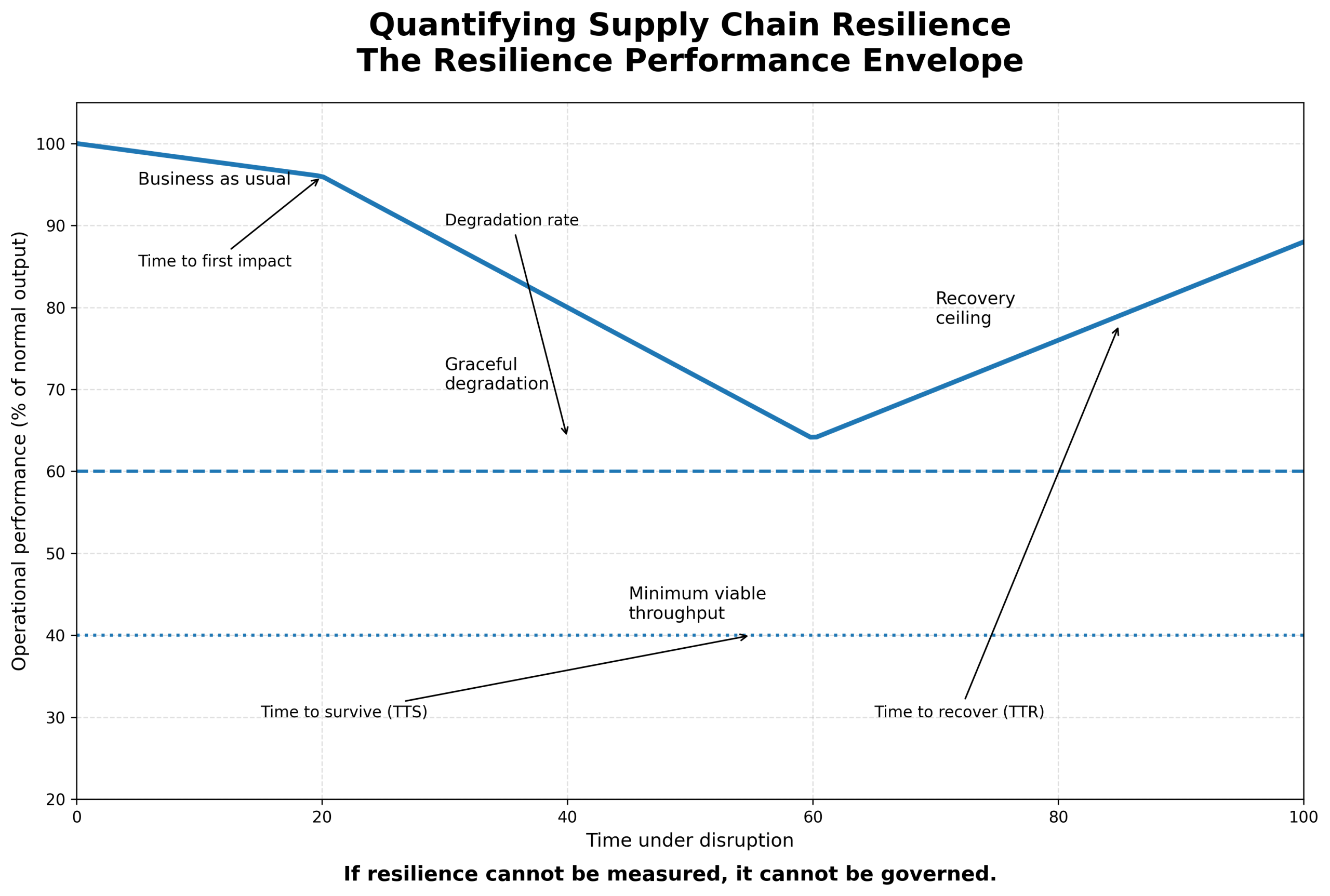
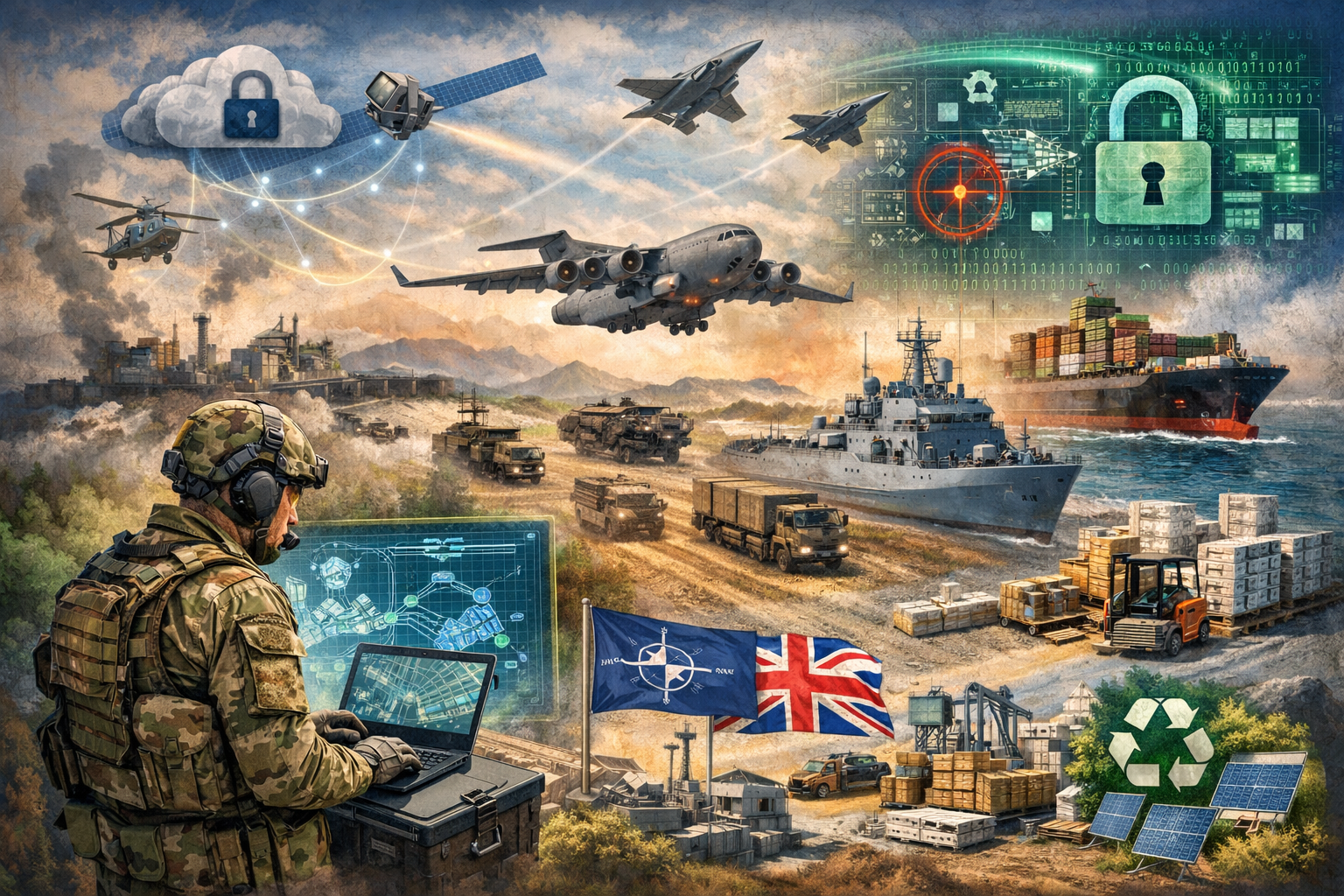
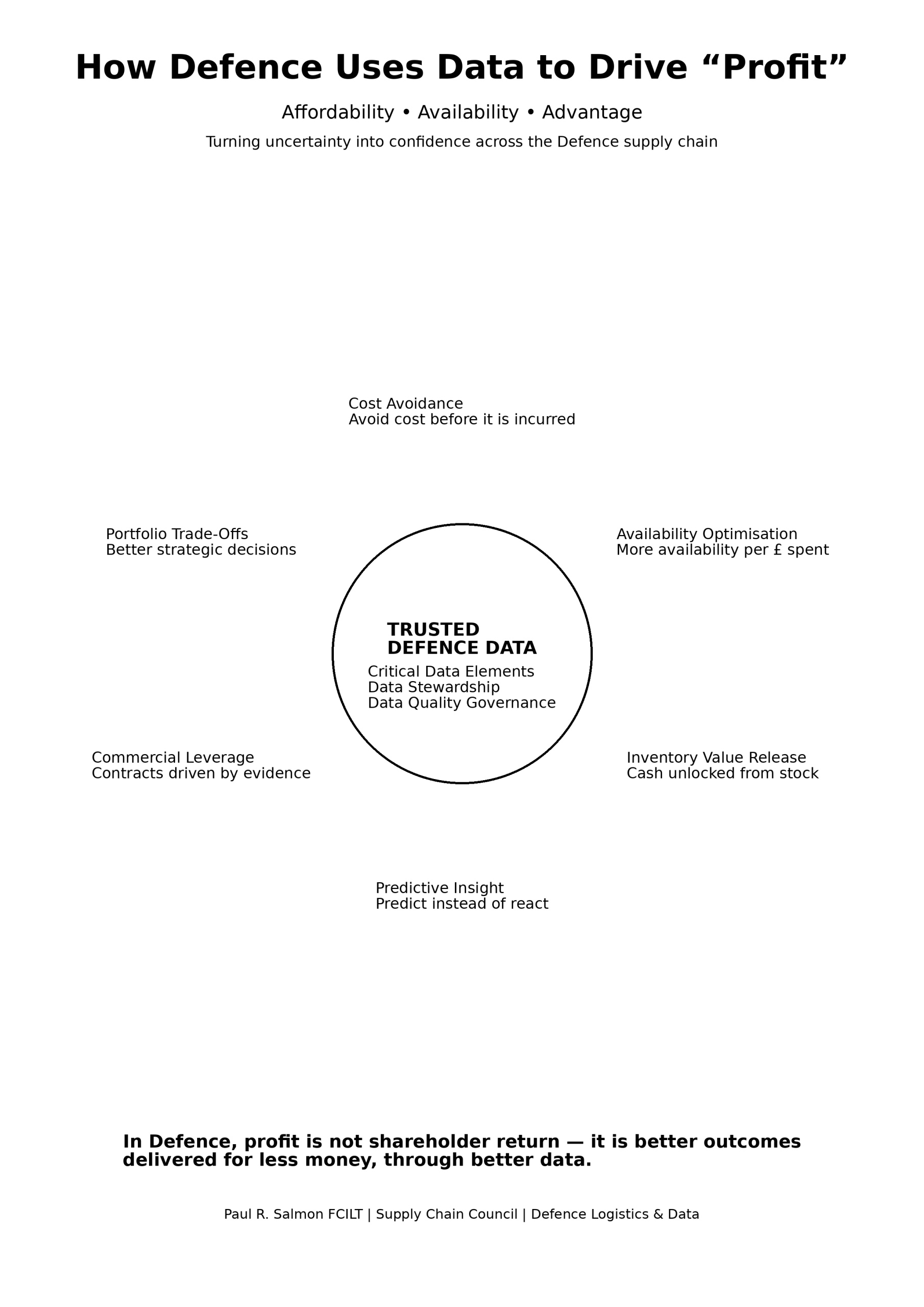
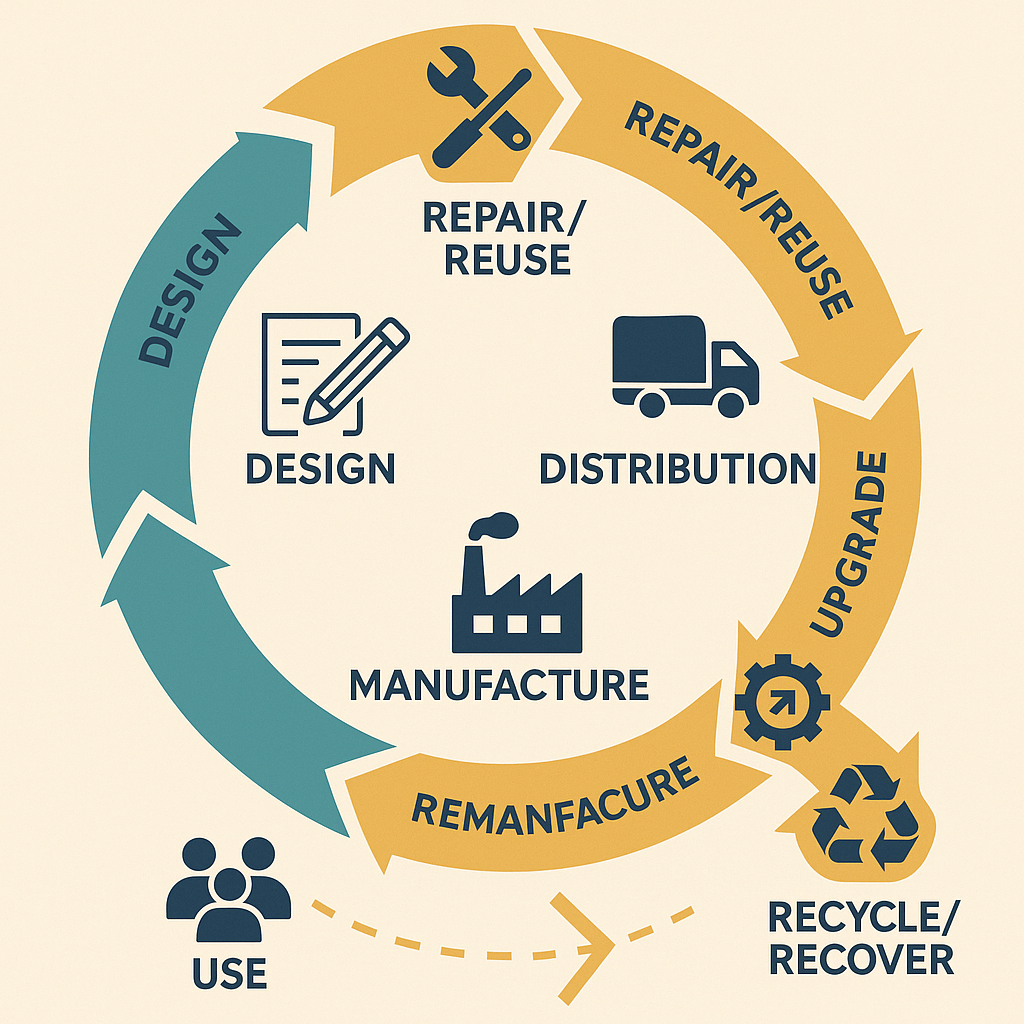
Leave a Reply